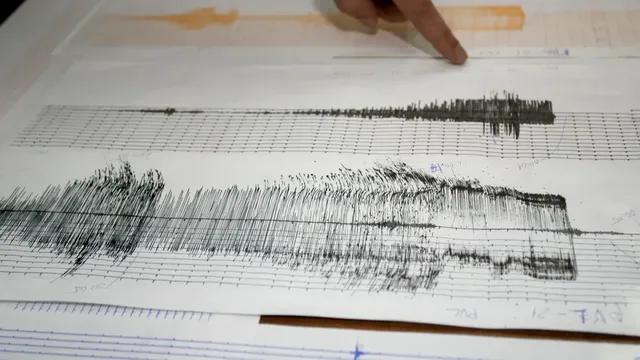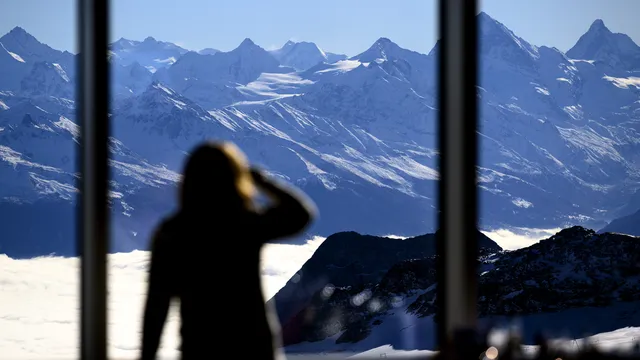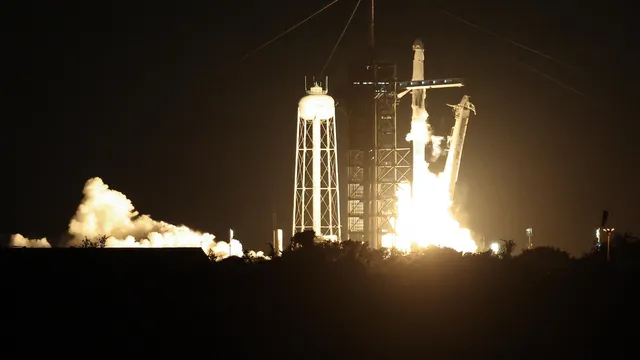Earth is expected to experience three significantly shorter-than-usual days in the coming weeks as its rotation unexpectedly accelerates, scientists report, according to the New York Post.
The planet’s normal daily rotation lasts about 86,400 seconds—or 24 hours—but three days this summer will be shortened by up to 1.51 milliseconds, according to a Popular Mechanics report.
The International Earth Rotation and Reference Systems Service (IERS) has determined that July 9, July 22, and August 5 will be "victims" of this time reduction, ranking among the shortest days since 2020.
The shortest day recorded since 2020 occurred on July 5, 2024, when the day was 1.66 milliseconds shorter than average. Experts still cannot determine the exact cause of this acceleration.
“No one expected this,” said Leonid Zotov, an expert in Earth’s rotation at Moscow State University, in an interview with TimeandDate.com regarding the observed trend of acceleration.
“The reason for this acceleration remains unexplained. Most scientists believe its origin lies within the Earth. Oceanic and atmospheric models cannot account for such a significant increase in rotation speed,” Zotov added.
Earth’s official clocks may soon require an unprecedented adjustment to synchronize with the planet’s new pace—the introduction of a "negative leap second" in 2029, according to a study published last year in Nature.
“This is an unprecedented situation and a major event,” said Duncan Agnew, lead author of the study and geophysicist at the Scripps Institution of Oceanography at the University of California. “It’s not a catastrophe caused by the Earth’s changing rotation, but it is remarkable. It’s another sign that we are living in a very unusual time.”
Earth’s days have not always lasted 24 hours—during the Bronze Age, its rotation was closer to 23 hours. | BGNES

 Breaking news
Breaking news
 Europe
Europe
 Bulgaria
Bulgaria







